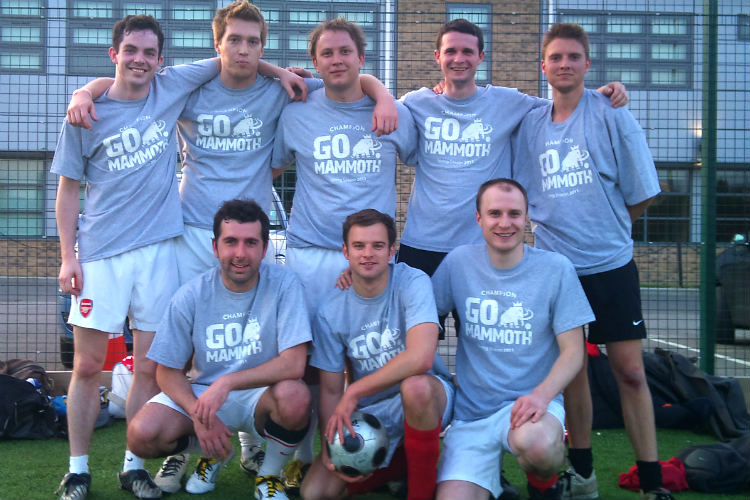What is the true Olympic Legacy?
September 13, 2012What is your view?

As always, there has been a lot of discussion and controversy surrounding the legacy that the 2012 Olympic & Paralympic games will leave.
The Legacy is generally split into two key areas; Social and Economic. Without wanting to get all stock broker on you guys, we’ve decided to take a look at the social benefits and more importantly how the legacy will affect individuals attention to their health and fitness.
Britain is known to be one of the least active countries in the world, and is ranked eighth among the lasiest. According to a study done by The Lancet medical journal, “three out of every ten adults who are over fifteen years of age do not exercise enough. Furthermore, 63% of the population is considered sedentary”.
The Olympics & Paralympics has clearly had a dramatic effect on our generation, as recent figures have shown that hundreds of sporting clubs, leisure centres and London Basketball Leagues have seen an increase in interest following the success of the British Olympics and Paralympics teams. You’ve only got to look at the pictures of the reported 1 million Londoners that lined the streets to salute the athletes as evidence of our growing interest.
Britain also seems to be trying to cultivate a passion for competitive sports in schools in order to encourage future generations. We’ve all heard Boris talking about inspiring a generation right? Well it hasn’t all been just hot air, leading up to the Olympics, the Department for Education provided £65 million to the 2011-2012 and 2012-2013 school years to allow PE teachers to organise programs that will help prepare students for a higher level of competition. Children will chose a sport, and be encouraged to have high aspirations for that sport and take the appropriate steps to succeed in the future. Encouraging children to become active at an earlier age could help prevent a variety of diseases in their later years. This is where the Legacy’s two main points do cross over – socially, the impacts are clear, healthier people, higher participation in sports is obviously good, but economically there will also be less strain put on the NHS as a healthier generation encounter less health related issues, that’s the plan anyway. This is without us going into the benefits of increased tourism, additional sponsorships and advertisers investing in the UK etc.
The Olympic Legacy isn’t all about having an instant impact. The key to the games was to inspire a generation, not for a year, or 2, but for a life time. The games could change Britain forever. Will it? Well that depends on how far the government are willing to see this through. Will this be focused on and implemented further down the line, or was it just a pre-olympic plan that will slowly get phased out through lack of attention?
There are many factors of the Olympic Legacy, that, involved in a consistent and effective strategy could benefit London and the UK for years to come, generation after generation. However, if a clear and strategic plan is not formed, will this just slip away and will we lose all economic and social benefits?
I feel it is fantastic how the UK have embraced the Olympics and their level of involvement. If the Olympic Legacy inspires those who would not normally consider it to make a small change to their lives and get a bit more active, I feel it is a step in the right direction.
What do you feel is the true Olympic Legacy?
 CHRISTMAS BREAK: Sports leagues not running 22nd Dec - 1st Jan
CHRISTMAS BREAK: Sports leagues not running 22nd Dec - 1st Jan 





 We use cookies to help give you the best service, personalise content and ads and analyse our traffic. For more details, please see our
We use cookies to help give you the best service, personalise content and ads and analyse our traffic. For more details, please see our